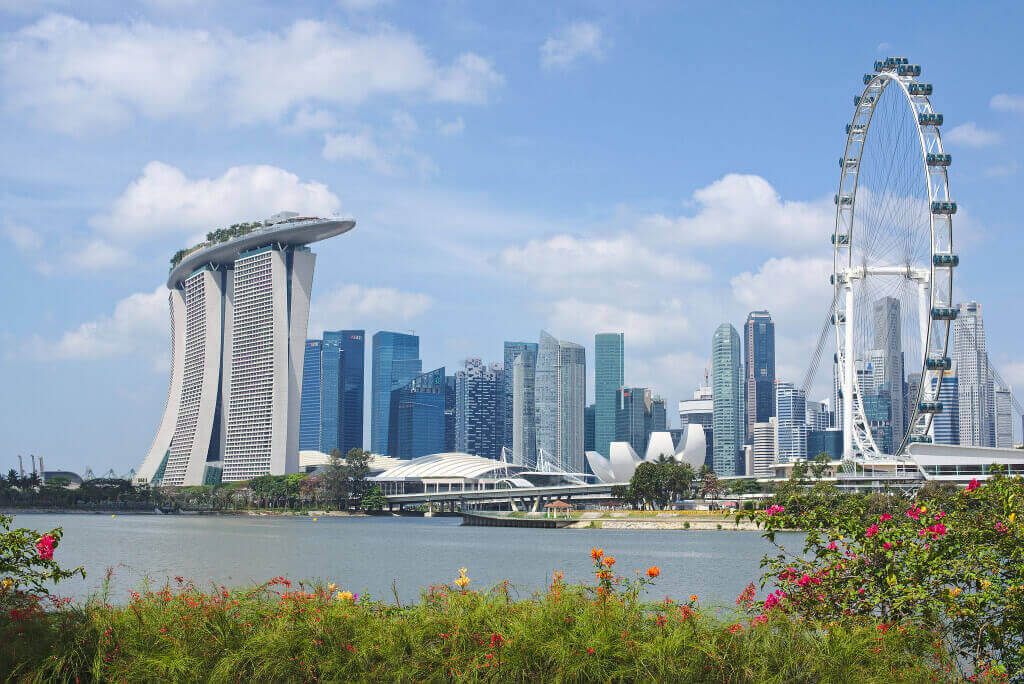
Owing to increased Internet penetration and the booming sharing economy, which has an impact on the lodging sector, the online travel market in Asia-Pacific has grown in recent years. Technology has made the travel search and booking process easier, spurring travellers to manage their travels on-the-go at the very last minute.
Arguably, the chief benefit of online travel agents (OTAs) – both generalists like Booking.com and Expedia, as well as specialists like Hostelword – is the convenience of choice that they bring to the table. Travellers are easily able to compare hotel rates and then select the lodging that best suit their preferences.
For corporates, this transparency and access to knowledge presents the opportunity to benchmark their negotiated rates. Other value propositions include boosting demand during periods of low hotel occupancy, and connecting hotels to travellers that did not initially have them in mind.
While OTAs can bring benefits, there are also several challenges in terms of value and flexibility. The cost of OTA commission for hotels has had significant impact on the cost of sale for hotels in this distribution channel; which – if the hotel is heavily reliant on OTA business – can influence rate levels. This means that buyers are not getting the best value for their money, and hotel guests are paying more for their room regardless of whether they use the online platform or not. It is no wonder that hotels like Hilton Worldwide and Marriott International are educating consumers on the benefits of booking direct, via global campaigns and awareness of loyalty benefits.
At the most fundamental level, a hotel’s objective is to fill its rooms with guests through a booking channel that does not significantly reduce its margins. But how does this go hand-in-hand with the priorities of corporates, which includes ensuring that hotels are of appropriate quality, are available at the lowest possible price and can be booked through the preferred channels?
At HRS, our contention is that the challenge lies not in finding the lowest hotel rate, but finding the best accommodation option, at the lowest acceptable price taking into account all the key criteria within any corporate travel policy.
Demand-based pricing by its nature is dynamic, and ever-changing, and it means that price does not necessarily equate to quality. It does not always follow that a better quality hotel costs more, and conversely, that the lowest-cost hotels are of lower quality.






